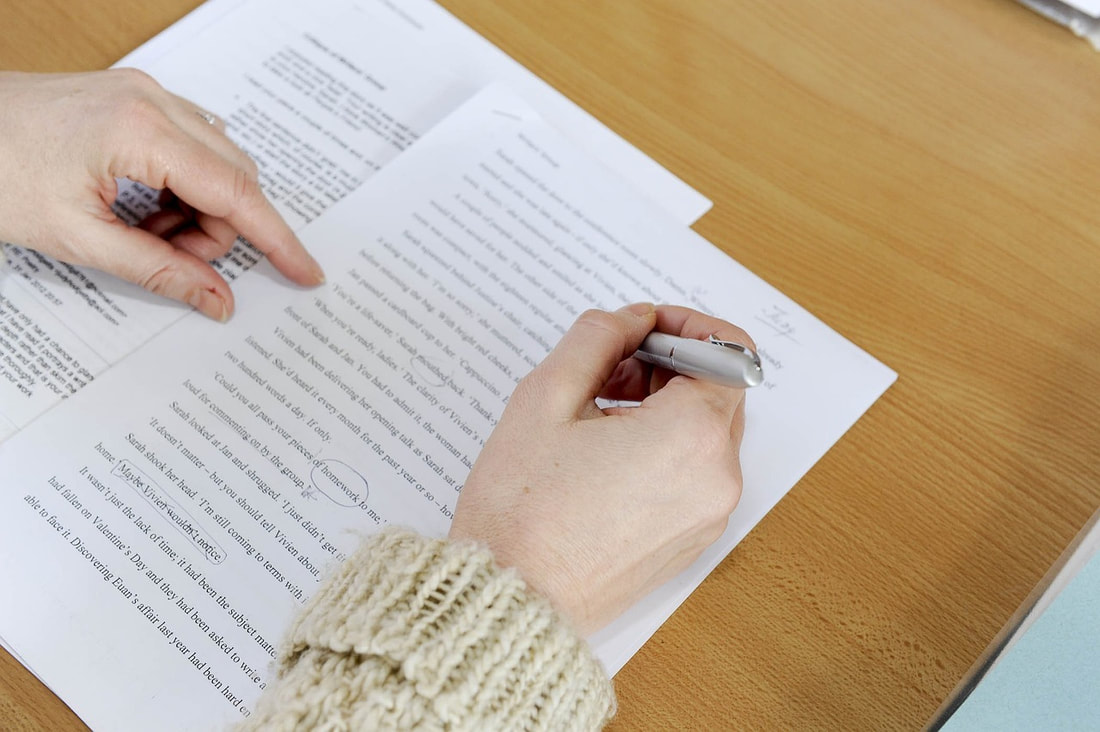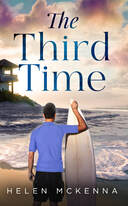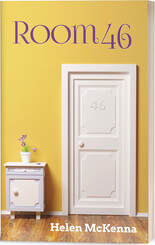We've all been there - sitting in front of a blank page or an empty computer screen knowing we should be writing but unable to produce anything of value. There's only so many times you can distract yourself with getting something to eat, making a cup of tea or suddenly deciding that you need to reoganise your entire wardrobe. The annoying thing is, writer's block usually strikes when you have allocated yourself some quality writing time and thus should be at your productive best. Instead of throwing your laptop out the window, take a breath and consider some of these ways to get yourself back in the zone.
First of all, don't wait for inspiration to strike. Start writing, even if what you put on the page doesn't seem perfect or even half decent. Just get some words down. Sometimes, the process of writing itself can kickstart your creativity. Set aside a specific time each day to write, and establish a routine that signals to your brain that it's time to work. Hold firm to this commitment and have everything you need ready rather than distracting yourself by getting up every five minutes. By showing up consistently, you can gradually build momentum and break through the block.
First of all, don't wait for inspiration to strike. Start writing, even if what you put on the page doesn't seem perfect or even half decent. Just get some words down. Sometimes, the process of writing itself can kickstart your creativity. Set aside a specific time each day to write, and establish a routine that signals to your brain that it's time to work. Hold firm to this commitment and have everything you need ready rather than distracting yourself by getting up every five minutes. By showing up consistently, you can gradually build momentum and break through the block.












